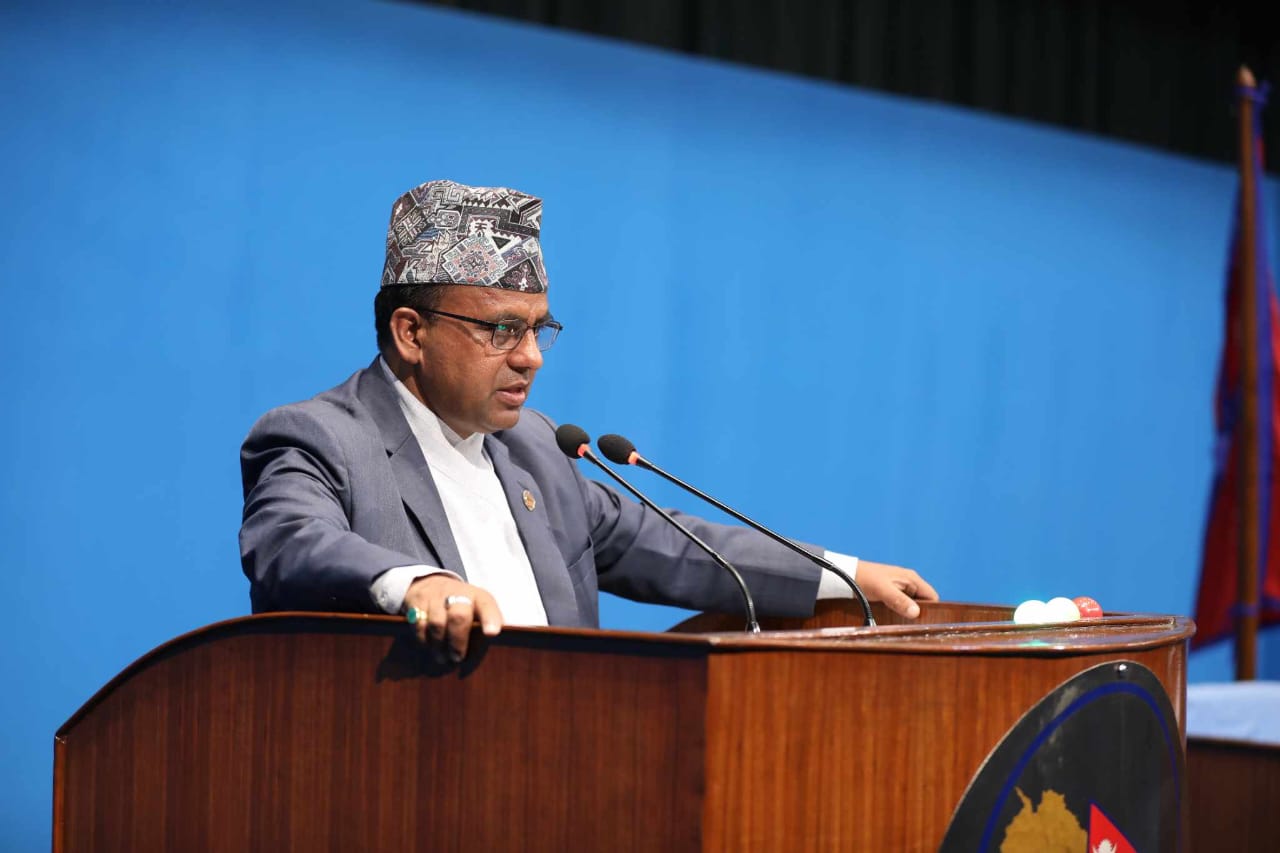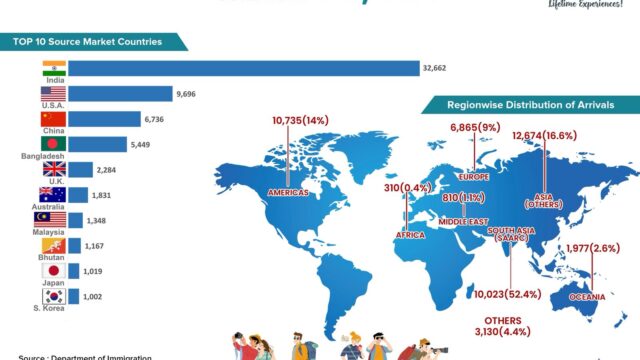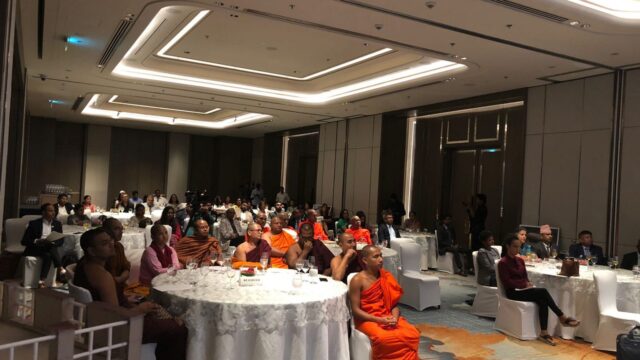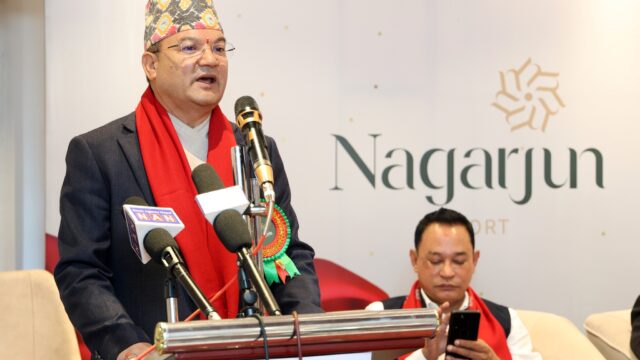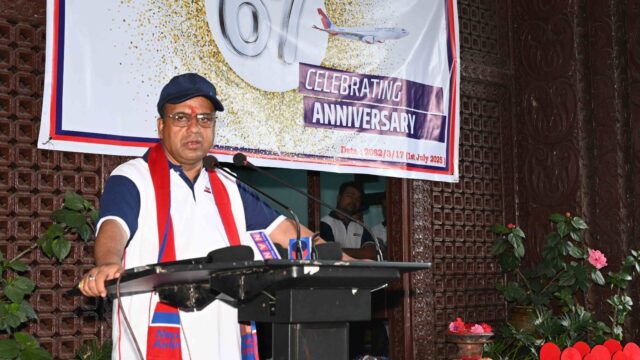Minister for Culture, Tourism and Civil Aviation, Badri Prasad Pandey, has emphasized the need to move away from the traditional practice of budget planning based on who demands and who decides, advocating instead for an inclusive and participatory approach. Speaking in the House of Representatives during the deliberation on the Appropriation Bill 2082, Minister Pandey responded to queries raised by lawmakers regarding budget allocations under his ministry.
Budget Planning Must Involve All Stakeholders
Minister Pandey said the budget was prepared under considerable strain and emphasized that the current trend of submitting and allocating budgets based on isolated interests must be replaced. “We have witnessed a pattern where someone demands the budget, and someone else grants it,” said Pandey. “This trend needs to end. Budgeting must be based on priority setting through participation of all sectors and communities.”
He urged that future budget formulations must reflect balanced regional development and the participation of underrepresented areas, acknowledging the challenges involved due to limited resources and high demand.
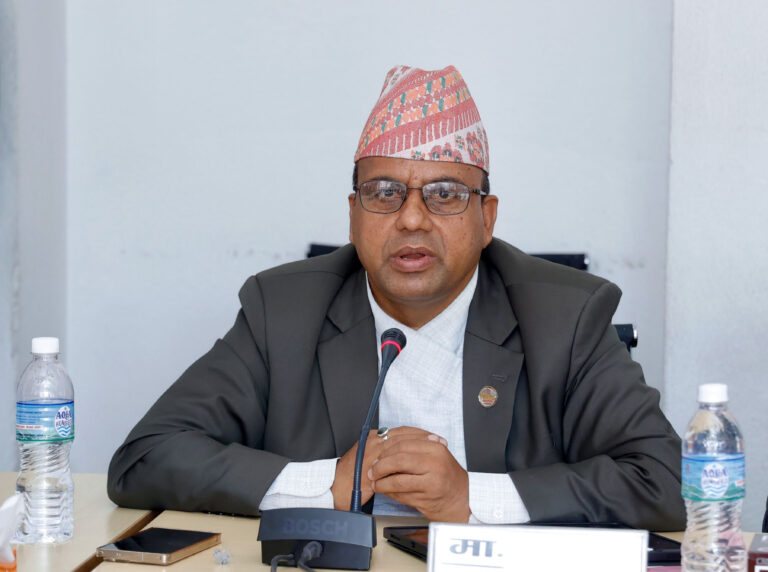
Transparent Record-Keeping and Need-Based Allocation
Pandey also clarified that the ministry has maintained organized data on all the plans and proposals it has received and has started necessary processes for their implementation. “We have recorded all the proposed plans in a systematic way. While it was not feasible to accommodate every request, we welcome public review and analysis to ensure transparency,” he said. He further invited the lawmakers to analyze whether budget allocations had been monopolized or regionally biased. This, he said, would help determine better priorities in upcoming budgets.
Two Districts Left Out — Acknowledged and Addressed
Addressing concerns over exclusion, Minister Pandey stated that budget allocation was made to all districts except Manang and Rukum West. “It is unfortunate that two districts could not be covered. We faced several constraints, a limited budget ceiling of Rs. 300 million, need for equitable development, and political and geographical balance,” he added.
He further explained that if the budget were to fully reflect the needs of Nepal’s culture, tourism, and civil aviation sectors, more than Rs. 50 billion would be required. “This year’s budget was extremely difficult to frame, and we had to be mindful of both sectoral balance and national interest,” he noted.
Hill Stations to be Developed in All Seven Provinces
Highlighting new initiatives, Minister Pandey shared that budget has been allocated for the construction of seven hill stations, one in each province, under the “Takura Program.” The project will include the involvement of the private sector and aims to create tourism-friendly highland hubs across the country.
This initiative is expected to boost domestic tourism, generate local employment, and offer alternative destinations beyond the traditional tourist hubs like Kathmandu, Pokhara, and Chitwan.
Civil Aviation Sector: Focus on Infrastructure Improvement
Regarding the civil aviation sector, Minister Pandey revealed that Rs. 4.9 billion would be required for various ongoing and new projects. He explained that the budget covers both airport construction and renovation efforts.
“The plan includes continuing existing airport projects and upgrading select domestic airports for better safety and accessibility,” he said. This aligns with the ministry’s focus on strengthening aviation infrastructure, a vital component for boosting both international and domestic tourism.
Progress on Nijgadh International Airport
The minister also addressed the status of the much-discussed Nijgadh International Airport, one of Nepal’s most ambitious infrastructure projects. He confirmed that the government is working to finalize both the construction and operational modalities of the project.
“We are not just trying to ensure district-wide participation. The fact that Manang and Rukum West were left out in this cycle shows our limitations, but we will explore feasible alternatives for the next phase,” he said.
Special Focus on Lagging Districts
Minister Pandey informed the House that a special program for the 10 most lagging districts has already been initiated, with a preliminary allocation of Rs. 580 million. “This initiative aims to bring backward regions into the national tourism and development framework,” he explained.
He also emphasized that all ministries need to cooperate to ensure effective execution of such programs, particularly in areas where development indicators remain low. “The goal is equitable development through coordinated budgeting,” Pandey added.
Policies Under Development: Cultural, Tourism, and Aviation
In addition to budget and implementation updates, Pandey informed lawmakers that policy reforms are also underway. “The draft of the National Culture Policy is in its final stage,” he stated, adding that both Tourism Policy and Civil Aviation Policy are currently in the making.
These policies, once finalized, are expected to provide clear guidelines on cultural preservation, sustainable tourism, and safe, modern air travel in Nepal. The minister stressed that these frameworks are crucial for transforming Nepal into a globally competitive tourism destination.
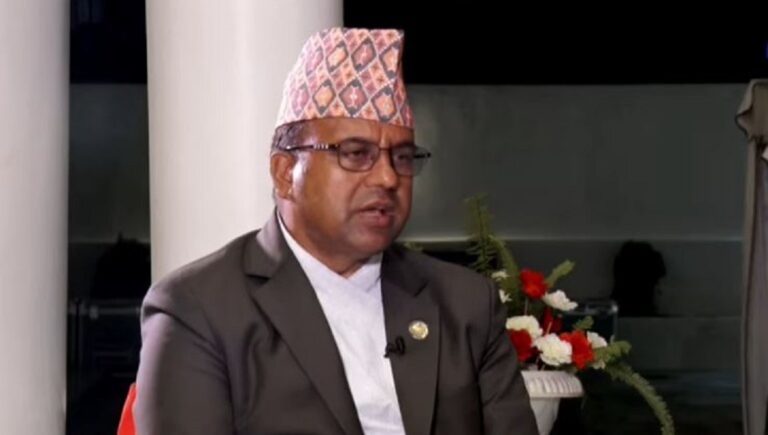
From Budgeting to Execution
In summary, Minister Pandey’s remarks reflect a strong shift in focus from demand-based budgeting to strategic, need-based planning. While acknowledging shortcomings in coverage and allocation, he reiterated the government’s commitment to transparency, inclusiveness, and sectoral reforms.
With emphasis on infrastructure, regional balance, and policy development, the Ministry of Culture, Tourism and Civil Aviation aims to lay the foundation for sustainable tourism and aviation growth, ensuring no district or community is left behind.
